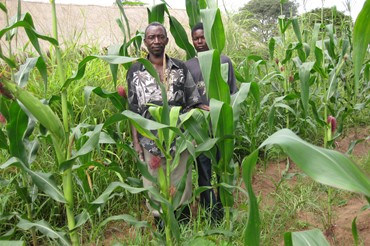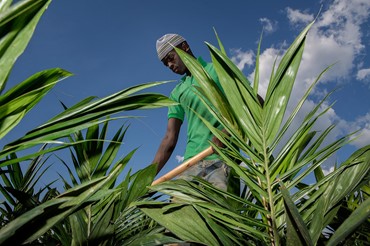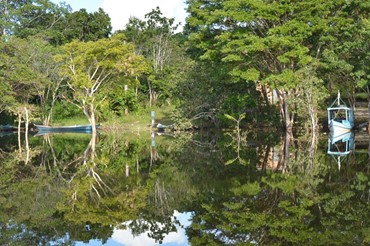Support to reinforce the institutional framework through clear mandates and accountable internal governance
NIRAS’s institutional strengthening efforts are based on recommendations from EU-funded performance reviews, conducted between 2016 and 2019, which focussed on the reinforcement of the institutional framework of NRM in Zimbabwe. NIRAS supports EMA, FC and ZIMPARKS in the prioritisation and implementation of these recommendations.
“We have done a lot of capacity building with the governmental institutions. Now we are working on getting a joint vision in place. We have mapped out all the elements. When these elements come together, this project will be tremendous,” says Andreas Brogaard Buhl, Green Finance Expert at NIRAS.
One of the priorities of EMA has been the improvement of strategic planning. NIRAS experts are assisting in developing a strategic planning cycle. Capacities for the development of logical framework approaches have been strengthened and used to develop strategic plans for long-term objectives. For example, to ensure that ambient water is not polluted, an ambient water quality monitoring strategy has been developed. Between 2023 and 2030, the aim is to increase number of water samples analysed by 2060.
For FC, NIRAS’s assistance pertains to the strengthening of organisational structure, planning and income generation and improving HR management and capacity building. Activities that form part of this support include the drafting of a new forestry policy, aiding in the establishment of an in-house policy and planning unit, and developing capacity for strengthening business models and income generation. To fill some necessary positions in FC, job descriptions have been formulated and advertised and recruitment is underway. In addition, a survey was conducted, which demonstrated what knowledge is needed to execute certain functions in FC. NIRAS experts consequently developed course outlines to upgrade the basic capacity of FC employees.










